September 18 – 22
For all the latest news, visit the University’s online channels:
A place where researchers come with big ideas
Three Red Sea Research Center Postdoctoral Fellows from Italy, Spain and Malaysia give us a glimpse into what drives their research and explain why KAUST is an ideal place to pursue their career goals. Click here for more videos.
KAUST and Boeing renew Master Research Agreement
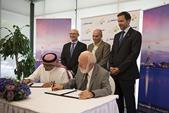
KAUST and Boeing recently came together on the University’s campus to renew their Master Research Agreement (MRA). The renewal marks a significant milestone for Boeing and KAUST as they seek to boost collaborative research on next-generation aerospace technologies. Click here to read more.
Red skies and rifting processes
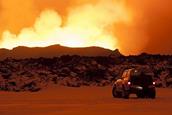
The separation of tectonic plates takes place over millions of years, often deep on the ocean floor. Geologists rarely get a chance to study these rift zones in detail leaving many unanswered questions about plate separation. KAUST researchers used recent events in Iceland to gain unique insights into rifting processes and how magma interacts with the Earth’s surface. Click here to read more.
The significance of seaweed
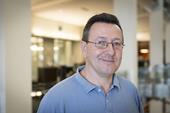
Our understanding of the global carbon cycle has been reshaped by KAUST researchers who have helped to reveal a major role for the abundance of seaweed growing around the world’s coasts.
Some years ago, Carlos Duarte, now director of the Red Sea Research Center at KAUST, was among the first scientists to establish that marine vegetation plays a major role in the movement of carbon through the environment and all living organisms. Click here to read more.
Using nanomaterials in gene delivery
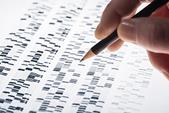
A tiny therapeutic delivery system that can control the body’s ability to manufacture proteins has been developed by KAUST researchers. Click here to read more.
New leukemia treatment offers hope
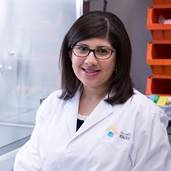
Professor Jasmeen Merzaban’s research on an antibody drug that targets a surface marker on cancer stem cells could offer a promising new therapeutic approach for treating acute myeloid leukemia (AML), a form of blood cancer that affects an estimated 50,000 people in Saudi Arabia. Click here to read more.

